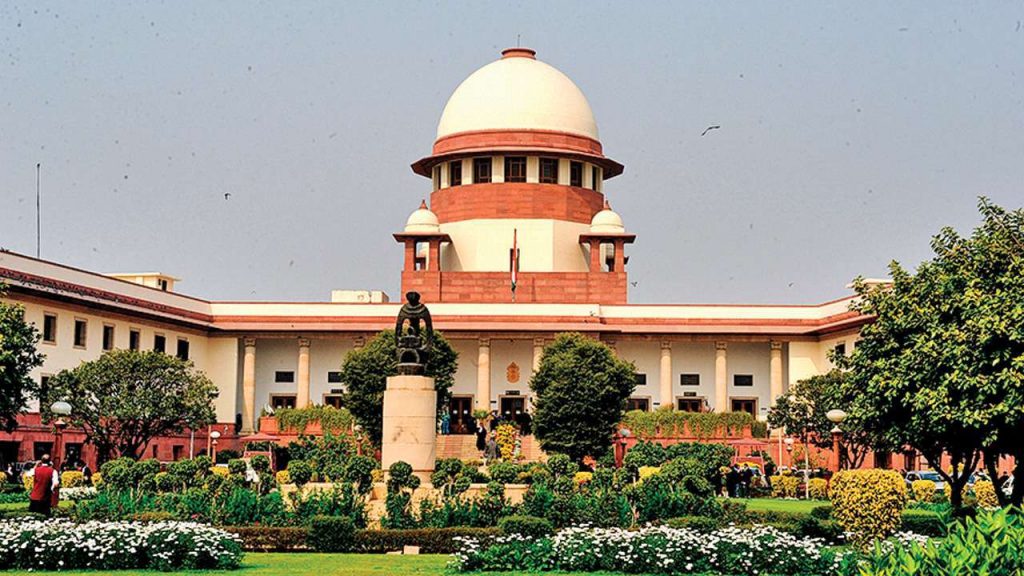New Delhi: The Supreme Court Wednesday said that a high court cannot pass an order under Article 226 of the Constitution directing a financial institution/bank to positively grant the benefit of One Time Settlement (OTS) to a borrower.
A bench of justices M R Shah and B V Nagarathna said a borrower cannot seek such benefit as a matter of right, and the grant of one time settlement is always subject to the eligibility criteria mentioned under the OTS Scheme and the guidelines issued from time to time.
The top court’s judgement came on an appeal filed by The Bijnor Urban Cooperative Bank Limited, Bijnor against an order of Allahabad High Court in exercise of powers under Article 226 issued a writ of mandamus directing the Bank to positively consider the borrower’s application for One Time Settlement (OTS).
The apex court set aside the high court order saying it has materially erred and has exceeded in its jurisdiction.
“No writ of mandamus can be issued by the High Court in exercise of powers under Article 226 of the Constitution of India, directing a financial institution/bank to positively grant the benefit of OTS to a borrower,” the bench said.
It said that if the bank is of the opinion that the loanee has the capacity to make the payment and it is able to recover the entire loan amount even by auctioning the mortgaged property/secured property, either from the loanee and/or guarantor, the bank would be justified in refusing to grant the benefit under the OTS Scheme.
“Ultimately, such a decision should be left to the commercial wisdom of the bank whose amount is involved and it is always to be presumed that the financial institution/bank shall take a prudent decision whether to grant the benefit or not under the OTS Scheme, having regard to the public interest involved,” the bench said.
The apex court said no borrower can, as a matter of right, pray for grant of benefit of One Time Settlement Scheme.
“In a given case, it may happen that a person would borrow a huge amount, for example Rs. 100 crores. After availing the loan, he may deliberately not pay any amount towards installments, though able to make the payment.
“He would wait for the OTS Scheme and then pray for grant of benefit under the OTS Scheme under which, always a lesser amount than the amount due and payable under the loan account will have to be paid. This, despite there being all possibility for recovery of the entire loan amount which can be realised by selling the mortgaged/secured properties,” the bench said.
The apex court said that if it is held that the borrower can still pray for benefit under the OTS Scheme, in that case, it would be giving a premium to a dishonest borrower, who, despite the fact that he is able to make the payment and the fact that the bank is able to recover the entire loan amount even by selling the mortgaged/secured properties, either from the borrower and/or guarantor.
“This is because under the OTS Scheme a debtor has to pay a lesser amount than the actual amount due and payable under the loan account. Such cannot be the intention of the bank while offering OTS Scheme and that cannot be purpose of the Scheme which may encourage such a dishonesty,” the bench said.
PTI
